In a world where we’re bombarded with media promoting the “ideal model body” and “thinspiration,” many females develop an anxiety surrounding their bodies. It can be difficult to enjoy your delicious sundae covered in caramel sauce and whipped cream while simultaneously scrolling through an Instagram feed filled with Victoria’s Secret Angels flaunting their fit stomachs. Like most college-aged women, body anxiety affects the way I think about myself and about food.
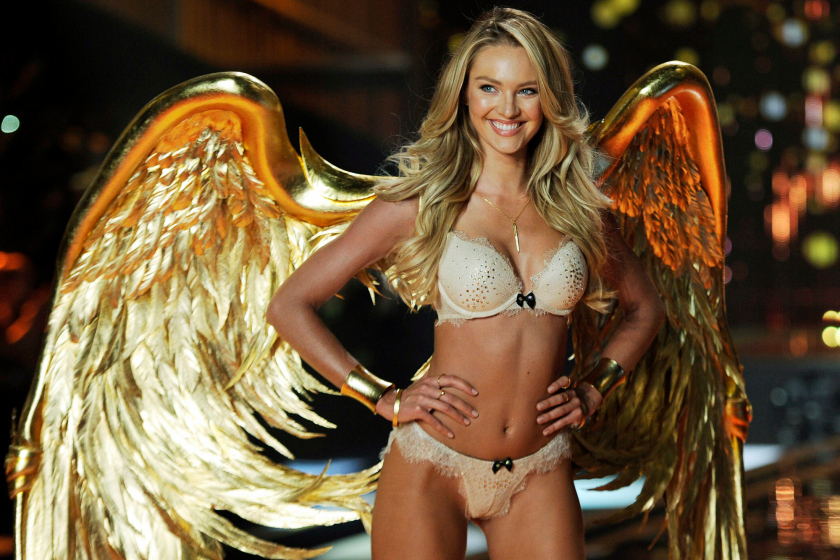
Photo courtesy of nypost.com
I always find myself conflicted when it comes to food and health. As a self-proclaimed foodie, I love all things that revolve around eating, especially if it involves ice cream or chocolate. Living in Pittsburgh, the nation’s top food city for 2015, it’s impossible to resist going out for meals and trying new food.
However, I also consider myself a health conscious person, often feeling guilty when I eat too many greasy foods or sugary treats in one weekend. I am constantly aware of my approximate calorie intake. I work out on a regular basis, running three days per week and hitting the gym three other days per week. I often consult my Fitbit for the amount of steps, active minutes, and calories I’ve burned during the day.
This causes an internal struggle. Often, I feel as though I work hard enough that splurging on food a few days a week shouldn’t matter. But when the late night stress snacking takes over, it becomes difficult to justify why I’m eating chips instead of an apple. I try to be less hard on myself during the weekend, but the guilt usually remains.
In fact, right before going on a spring break trip to Florida, I became nervous about my body and how it might change during a week without much exercise or vegetables.
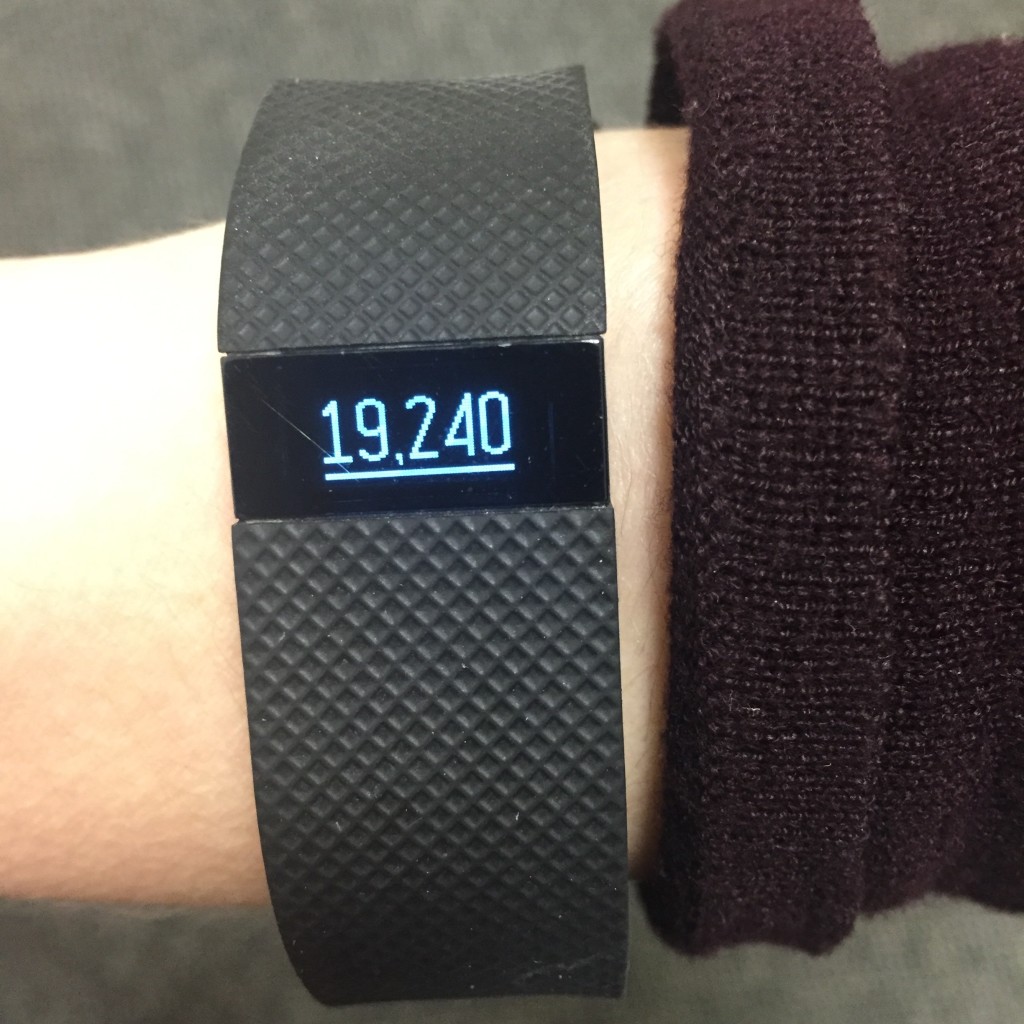
Photo by Cassidy Zimmerman
What particularly worried me was how several days away from my fairly intensive workout schedule may affect my half marathon training for the upcoming Pittsburgh Marathon. While I planned on building a few short runs into my week, but I knew I would not be working nearly as hard to advance my training while on vacation.
Halfway through my trip, however, I realized something. I had not been worrying about how many calories I was eating. I had not been worrying about how to squeeze in another serving of vegetables when I actually wanted a popsicle instead. I had not been worrying about waking up at the crack of dawn to run seven miles before getting my day started.
My mind was on something other than my food intake, my fitness routine, and my body. It felt relieving.
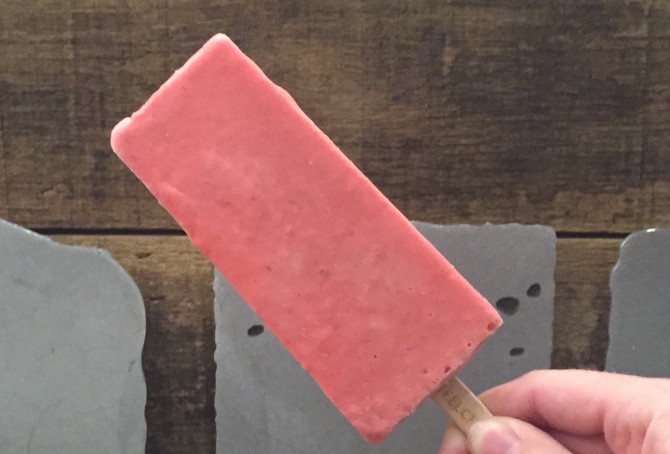
Photo by Ashley Peek
Instead of counting calories, I focused on eating healthier snacks when feasible, and simply not placing pressure on myself when it wasn’t. Without school, work, and extracurricular activities, it felt much easier to relax overall, which led me to relaxing my expectations for myself.
That week, I realized what my body anxiety typically focused around. Subconsciously, I believed that if I took one day off from the gym, or ate one too many cookies, or skimped on vegetables for the day, I would simply ruin what progress I had made toward my fitness goals.
Taking a week off of my normal routine was exactly what I needed to resolve this fear. I waited and waited to wake up one morning, suddenly looking and feeling like a bloated sloth — but it simply did not happen.

Photo by Cassidy Zimmerman
Yes, what little muscle I had developed became slightly less defined. My stomach was a little more bloated by the end of the week. I ran at a slower pace than normal when resuming my half marathon training. But I realized that these “side effects” of taking a week to relax, recuperate, and rejuvenate were well worth it.
Because of the bad cell service, I also spent less time scrolling through social media. Without exposure to pictures of thin, fit celebrities, or articles on how to “avoid overeating during the holidays” (no, People Magazine, I will not eat only one serving of cake on Easter — I’ll probably eat five), I was much less likely to compare myself to others and reevaluate my normal eating habits.
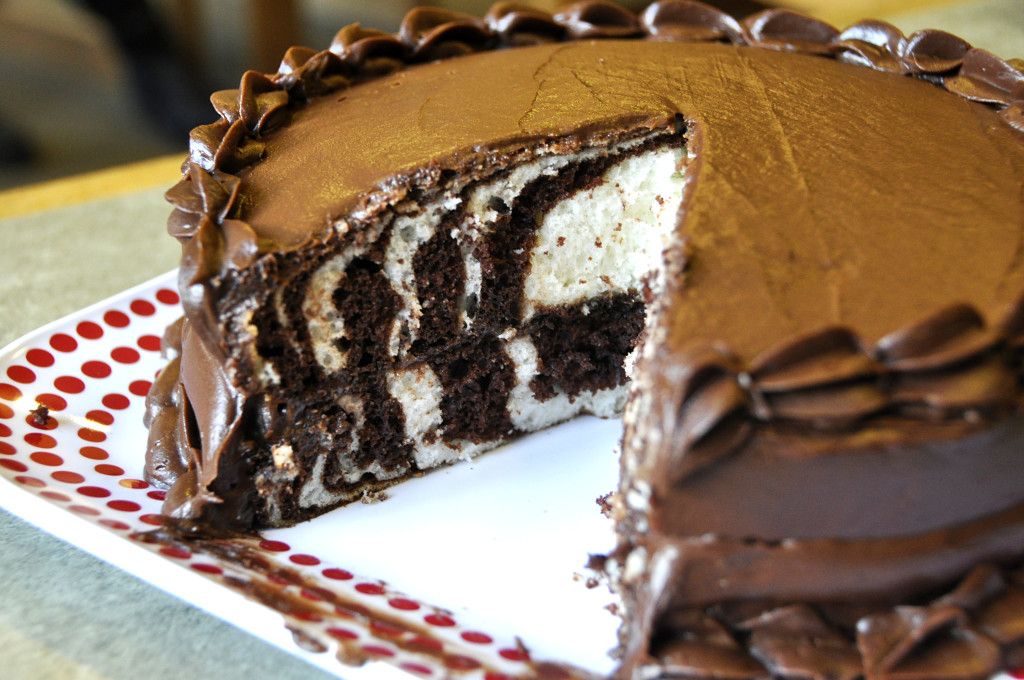
Photo by Emma Delaney
I returned to school feeling grateful for the time to myself, but ready to get back into a routine. This was also unexpected. I assumed that once I quit my normal diet and fitness routine, I would dread having to fit it back into my busy semester schedule.
Instead, I felt motivated and mentally prepared to work hard in order to return to my previous running pace. When returning to lifting at the gym, I noticed how little my strength had actually decreased in my time off. For the most part, I was able to make it through my typical workouts without much readjustment.
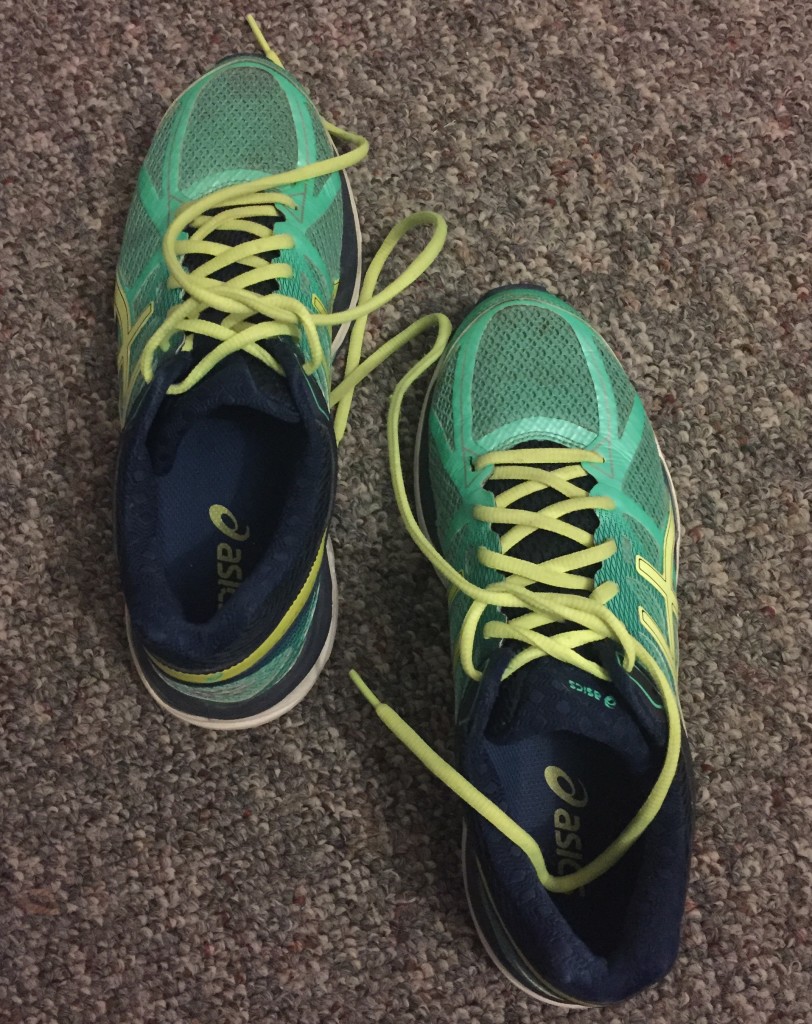
Photo by Cassidy Zimmerman
Now, I’m attempting to remind myself of the lessons I learned while reflecting on my body anxiety over vacation on a regular basis. One workout will not make or break my overall health or strength.
This important realization helps me let go of my body anxiety when skipping the gym to work on a paper, or catching up on sleep instead of running an extra two miles. It helps me eat a few cookies baked by my roommate during the week without worrying about “saving my calories” for weekends or special occasions.
Lately, I’ve been trying to focus on the bigger picture and avoid getting hung up on the little details. For this reason, I would recommend spending a few days away from your typical eating and workout routine when feeling burnt out, tired, or anxious. Doing so could begin to reframe the way you think about your health and body.




